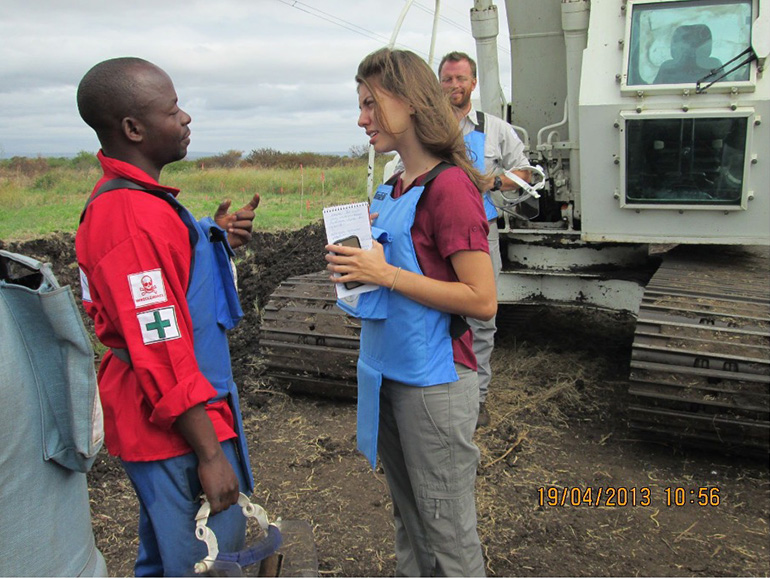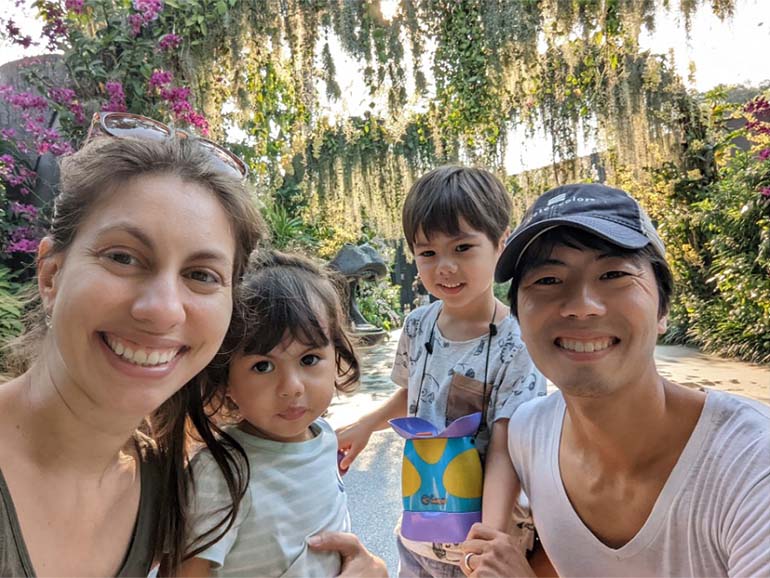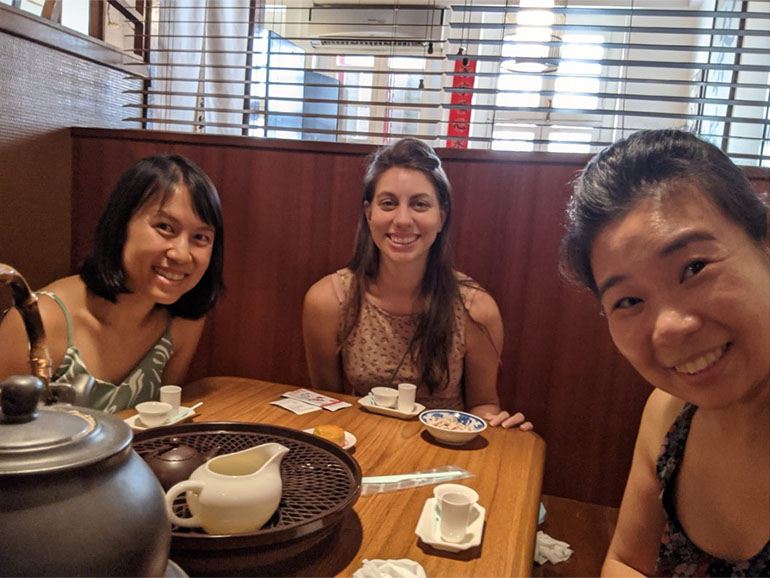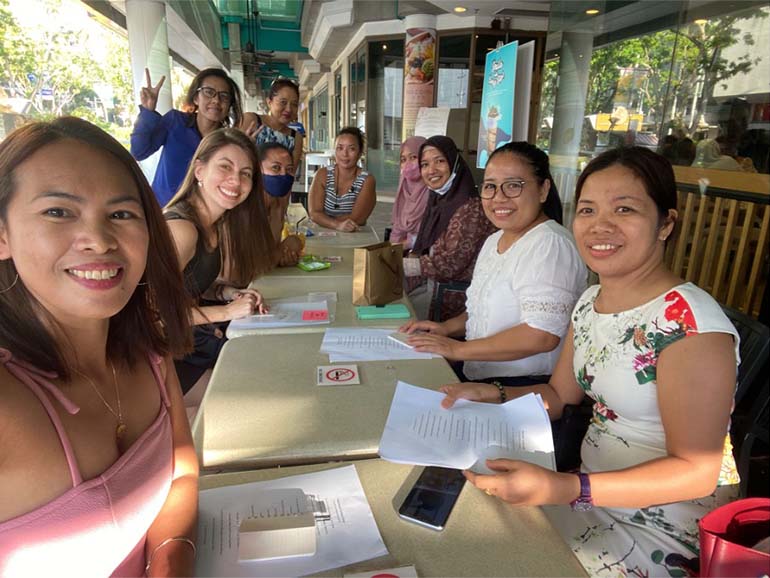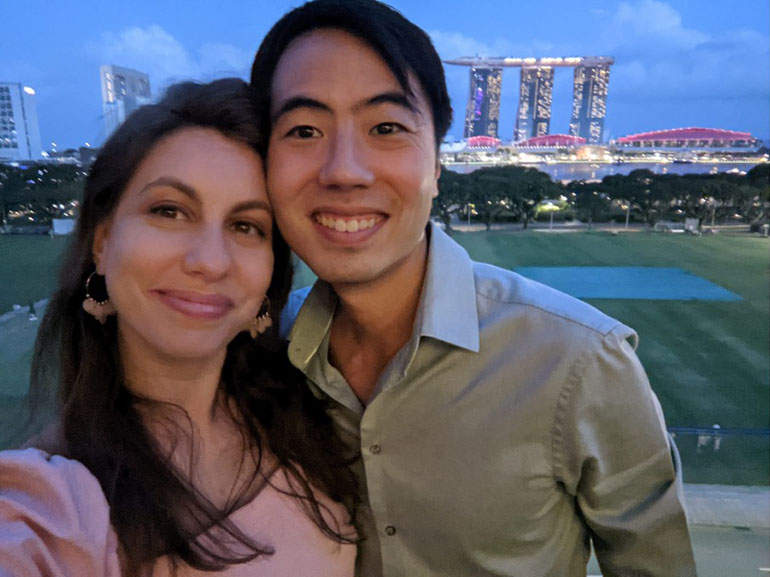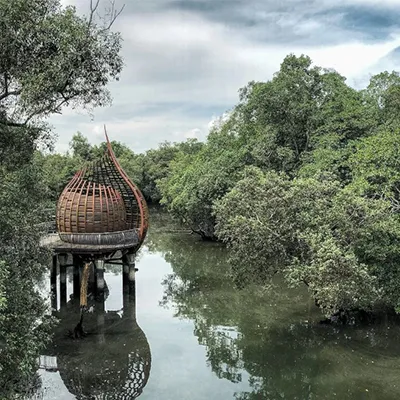These friendships do not happen by chance, she emphasizes. Having lived in Mozambique, Paris, Brazil and the States, Marina has found that finding a community takes deliberate effort.
“If you decide to move, understand that every aspect of your life is something you need to curate. You’re not going to have a built-in community and career, so it takes a little bit of work to find your tribe. It’s a very intentional process of making a new country feel like home.”
For the first year, Marina and her family spent almost every weekend meeting different people they had serendipitously come to know. She got into as many things as she could – at her children’s school, she volunteered to do teacher’s day, and she brought her kids over to museum and indoor playgrounds.
In her free time, she also joined expat groups, arts groups and book clubs. Volunteering was another way for her to build new friendships and give back to the community meaningfully.
By the end of the year, they went from living in a country where they knew no one, to having friends that they could call in the middle of the night and share intimate moments of their lives.
Adapting to life as a trailing spouse
Moving here on a dependant’s pass, Marina was not eligible for employment without obtaining a work pass of her own. This change in lifestyle was a far cry from her hectic life as a foreign correspondent – a disorienting aspect of moving that many ‘trailing spouses’ struggle with, which often leads to an identity crisis.
“It’s very hard to give up your career for your spouse. And it can feel like you lost your sense of purpose. If you don’t work at finding ways to contribute when you can’t work, it can be very difficult.”

